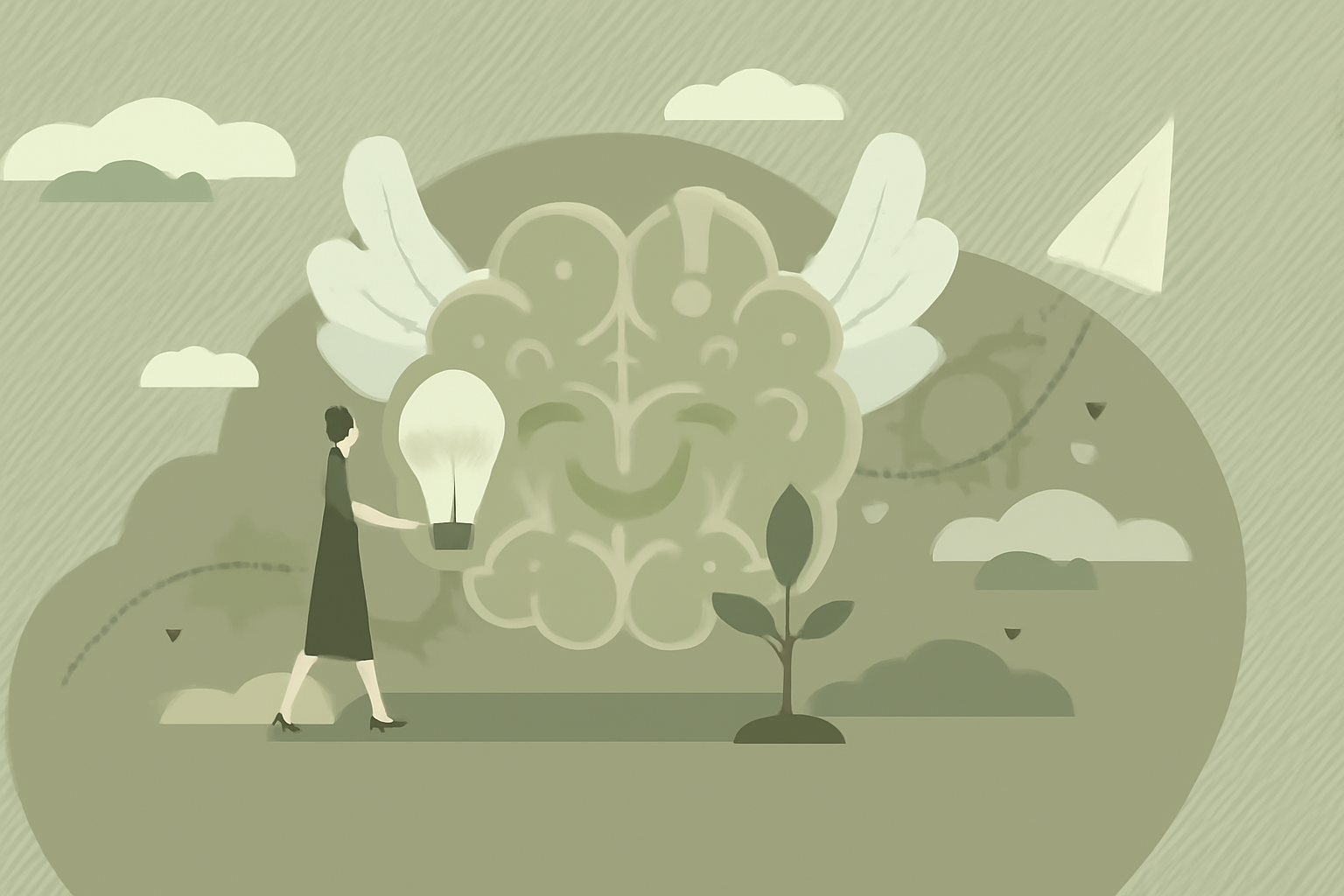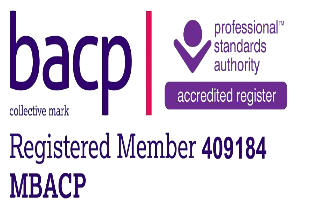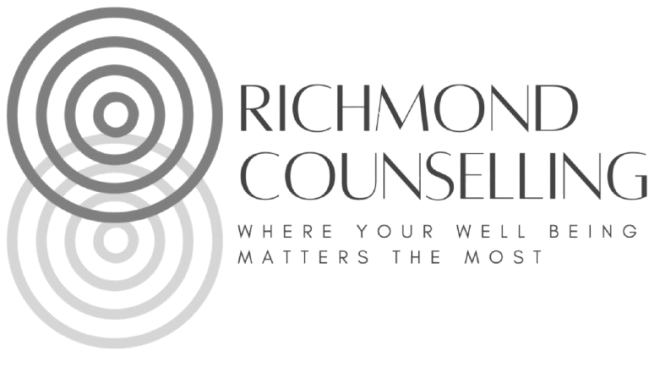WELCOME TO Richmond Counselling
Professional therapy for individuals, couples, and young people in Richmond and online
Psychotherapy & NLP Coaching for Adults, Couples, and Young People — In Richmond Upon Thames and Online
I work with:
• Adults (18+) navigating life’s challenges
• Couples seeking to strengthen communication and connection
• Young people (11–17) experiencing emotional or behavioural difficulties
Richmond Counselling
Richmond Counselling is a confidential and supportive space where you can explore the challenges you’re facing in a thoughtful, non-judgemental environment.
I’m Daniela, a qualified therapist offering professional counselling to individuals, couples, and young people. Whether you’re experiencing anxiety, relationship difficulties, low mood, or simply feeling stuck, I’m here to help you make sense of what’s happening and find a way forward.
Drawing from a range of therapeutic approaches, I’ll work with you at your pace to build clarity, resilience, and greater self-understanding. Sessions are available in Richmond (TW10 and TW9) and online, depending on what suits you best.

12Th
Years Experience
800+
Happy Clients
My Counselling Services
Cognitive Behavioural Therapies (CBT)
Psychodynamic Therapy
Person-Centred Therapy
Existential Therapy
NLP Coaching
Person-Centred Therapy
Book Your Free Consultation
Sessions are available in Richmond (TW10 and TW9) or online, depending on what works best for you. If you’re looking for counselling in the Richmond or Kew area — whether for yourself, your relationship, or a young person — please get in touch to arrange a friendly and informal chat.
My Location
Richmond Counselling is based in two convenient and welcoming locations:
• Richmond Hill (TW10 6EG)
• Kew (TW9 2LL)
Both spaces are easily accessible from surrounding areas including Twickenham, Teddington, Barnes, Chiswick, and East Sheen.
I also offer online counselling, making therapy available to clients across the UK and internationally. Whether you prefer to meet in person or from the comfort of your own home, we can find a way of working that suits your needs.
If you’re looking for counselling in Richmond, Kew, or online, feel free to get in touch to arrange a free 20-minute consultation.

HELP
I Can Help With
- Depression and low mood
- Anxiety, stress, and panic
- Low confidence and self-esteem
- Trauma and unresolved past experiences
- Relationship and couple difficulties
- Sexuality and identity exploration
- Fertility and parenting challenges
- Loneliness and isolation
- Life transitions and “midlife crisis” (at any age)
- Relocation and cultural adjustment
- Work-related stress and career uncertainty
- Phobias and irrational fears
- Domestic abuse or controlling relationships
- Existential concerns and questions of meaning

What to Expect
Therapy can be short-term and focused, or open-ended depending on what you need.
Testimonials

I highly recommend Daniela for coaching and therapy. She’s understanding, insightful, and great with parents, teens, and young adults. She helped me improve drastically over the past year, giving me motivation and a reason to care for myself. Daniela is fun to talk to but also knows when to be serious. She’s especially helpful with family and relationship issues. Thank you, Daniela!
Liya

Smith

In the few months I have seen Daniela she guided me to understand my emotions better and supported me through my thought processes. We would evaluate critically my behavioural patterns and talk about them in depth . I came out of the sessions richer in understanding my reactions. Daniela is very professional and has a warm personality that makes me feel very comfortable speaking to her. I can highly recommend Daniela.
Jhon





